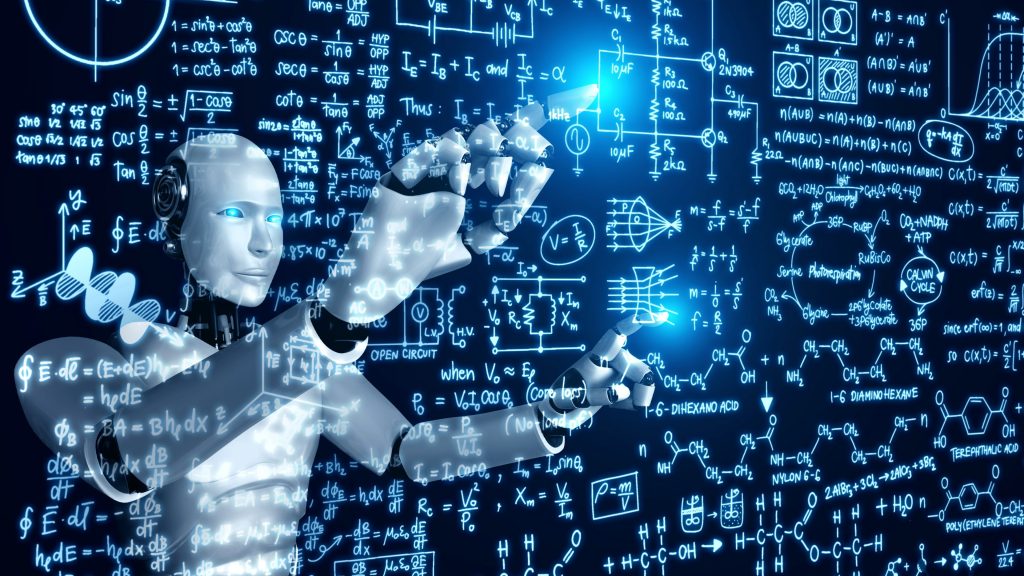
Alphageometry, an AI programmed application, performed at the level of college students in a paper submitted by Google Deepmind researchers and a researcher from New York University. (Source: Adobe Stock)
Revolutionizing Geometry: AI Model Achieves Remarkable Success in High-Level Geometric Problem Solving
AlphaGeometry, an AI tool, can rigorously prove geometric facts and solve geometry problems at the level of college competitors in the International Mathematical Olympiad, according to a story on nature.com. When tested on 30 geometry problems from the competition, AlphaGeometry was able to solve 25, indicating a performance level nearing that of the competition’s gold medallists in geometry. This achievement is impressive, showing that it can excel in geometry better than large language models.
Researchers have previously experimented with solving various mathematical problems using large language models, AI programs trained on extensive text collections. However, solutions generated in natural language often produce nonsensical results and require human checking. To circumvent these issues, a language with rigid syntax similar to a programming language was developed for writing geometry proofs. This structured language allows for easy computer verification while remaining comprehensible to humans.
“Training AlphaGeometry with automatically generated proofs also had another purpose, says study co-author He He, a computer scientist at New York University. ‘We want to build such a system without human data, so that it may surpass human ability some day,’ she says.”
The team wrote a program to automatically generate 100 million “proofs” consisting of random sequences of simple, logically sound steps. AlphaGeometry was trained on these machine-generated proofs, enabling it to solve problems sequentially, similar to how chatbots produce text. Its output was machine-readable and easily verifiable for accuracy. AlphaGeometry generated multiple solution attempts for each problem, allowing incorrect ones to be automatically discarded and reliably producing correct results.
AlphaGeometry’s strength lies in its combined approach of statistical guesses from language models and symbolic reasoning. Training the AI on synthetic data also avoided the risk of “cheating” that can occur when AI models are trained on texts from the internet. However, despite these advancements, AI has yet to show evidence of autonomously engaging with modern research-level mathematics.
read more at nature.com







Leave A Comment